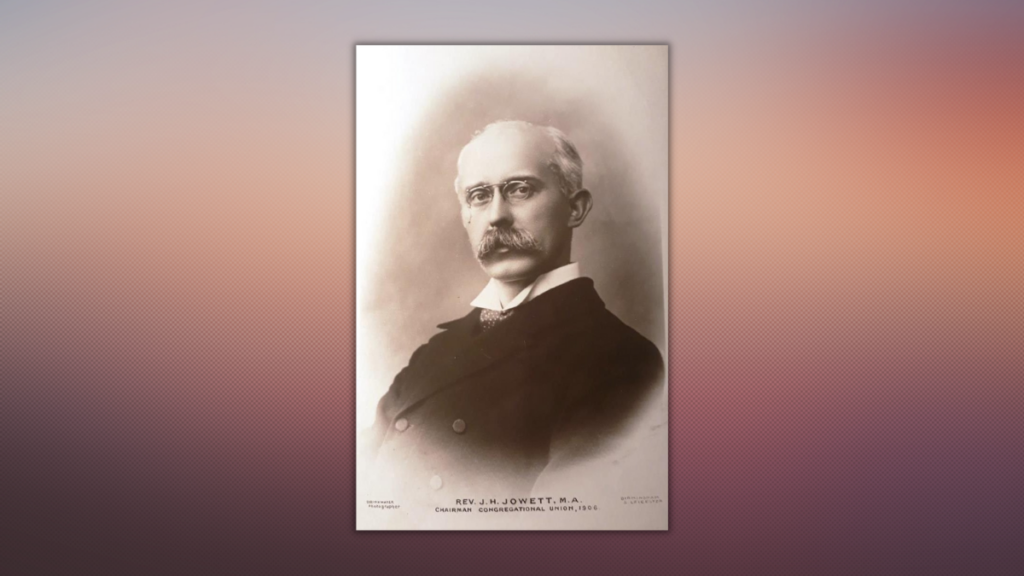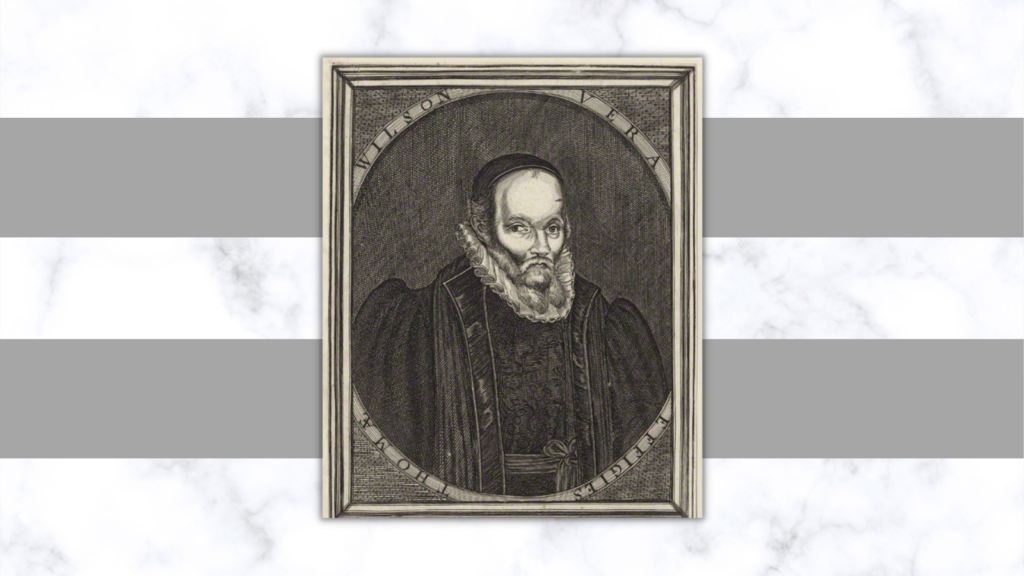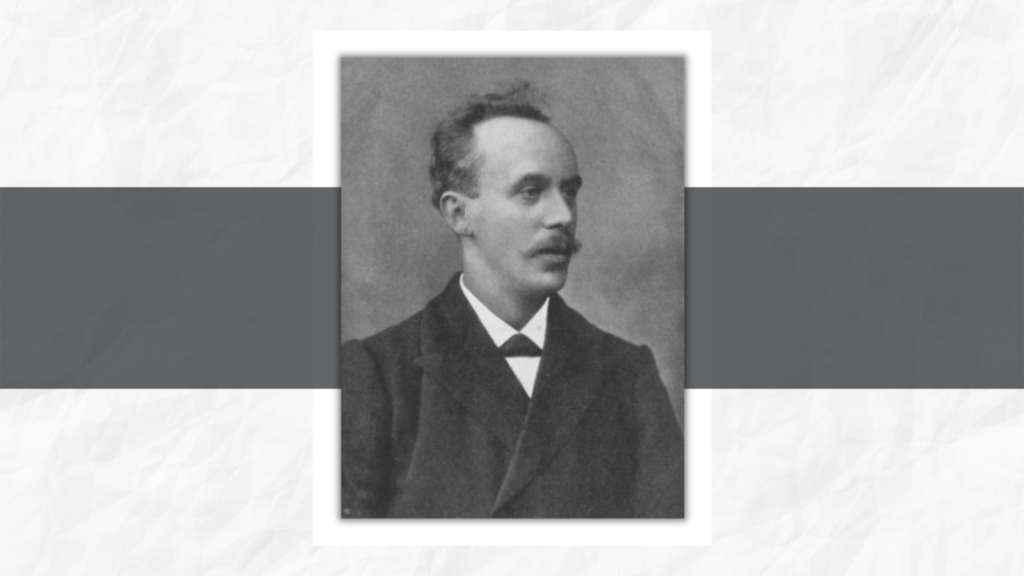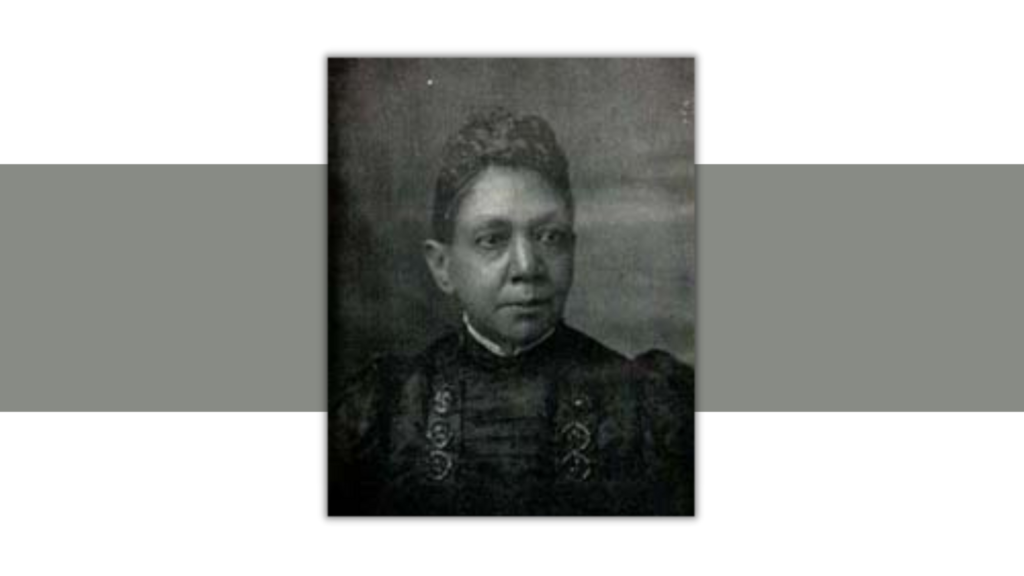Desiderius Erasmus (1466–1536) was a Catholic reformer, a theologian and one of Europe’s most influential scholars.
This year is the 550th anniversary of his birth. It also is the 500th anniversary of his Greek-Latin New Testament.
Born in Rotterdam, Netherlands, on Oct. 27, 1466, he was the son of Roger Gerard, a Catholic priest, and Margaret, a physician’s daughter. He was named for Saint Erasmus of Formiae, a favorite of his father’s. His parents never married but they cared for him until their deaths from the plague in 1483.
Latin grammar school
He began his education at the age of four at a school in Gouda, a town near Rotterdam. When he was nine years old, he attended a prestigious Latin grammar school in Deventer, Netherlands, where he studied Greek. At that time he had a personal conversion experience with God.
In 1492 he was ordained a Catholic priest but he never actively worked as a cleric.
He moved to Paris and studied and taught at the College of Montaigu. He became known as an excellent scholar and teacher. One of his students, Lord Montjoy, established a pension for him. It allowed him to become an independent scholar moving from city to city tutoring, lecturing and corresponding with many of the most brilliant thinkers of Europe.
He was one of the most prolific writers of the 16th century. His first published book was “Adagia,” a collection of classical Greek and Latin proverbs. Other influential books were “The Praise of Folly,” a satirical examination of society and the abuses of the Catholic Church; “Enchiridion,” a guide to Christian living; and “Colloquia,” often called his masterpiece, an attack on abuses of the Catholic Church. He also wrote nine folio volumes about St. Jerome and other biographical books.
Erasmus published the first Greek New Testament in 1516. He would issue four more editions in 1519, 1522, 1527 and 1536. His translation was a turning point in theology and the interpretation of Scripture because it exposed the inaccuracies of the Latin Vulgate, and it demonstrated how important it is to use the Bible’s original languages to ensure accuracy.
The Greek translation had a tremendous impact on the Protestant Reformation. It was the foundation of Luther’s German Bible. William Tyndale used the second and third editions as the basis for his English New Testament.
When Luther published his Ninety-five Theses in 1517, Erasmus counseled the Catholic Church to heed Luther. But Luther’s criticisms against the Church became harsher and he began criticizing Erasmus. Finally Erasmus rejected Luther’s ideas in his “Discourse on Free Will.” Despite this criticism, Erasmus kept a moderate stance. He would not support the Catholic Church nor join Luther. He argued that to choose one side would endanger his leadership in the movement for pure scholarship, which he thought was his life’s purpose.
Tireless
Because of his tireless work ethic, he grew weaker over the years. He continued to write, penning his own paraphrases of several New Testament books.
Erasmus died from dysentery on July 12, 1536, in Basel, Switzerland. His last words were “Dear God.” Although he remained loyal to the Catholic Church, he didn’t ask for a priest to administer last rites. He died with a devout trust in God. He was buried in the cathedral at Basel.






Share with others: